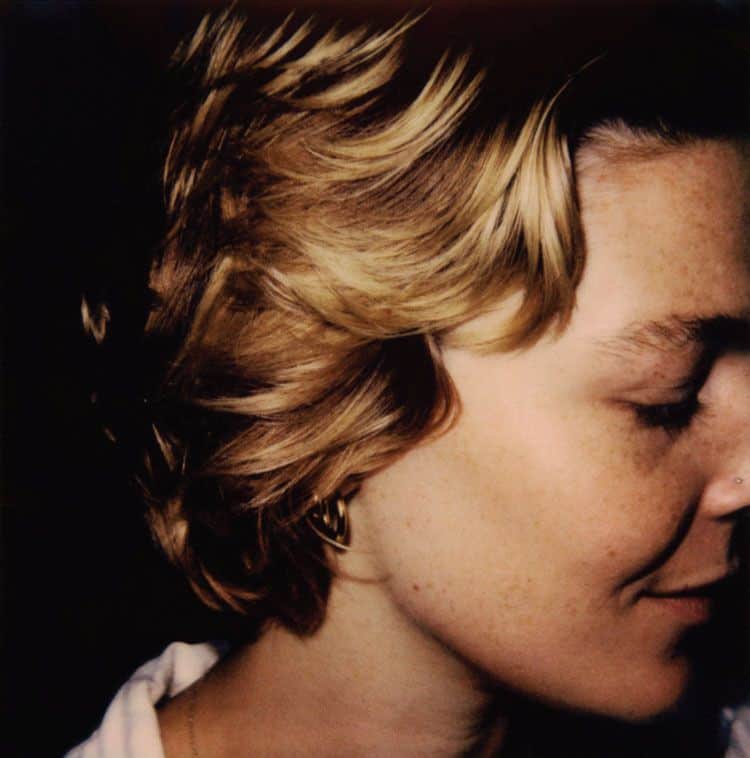There is a moment in “The Caucasian Chalk Circle” where everything clicks.
The passionate, but uneventful opening acts give way into the fourth and final where everything unfolds into intensely artistic expressions of humanity and the immense scale of human error and carelessness, blending both gut-busting comedy and hauntingly dark themes of sexual and physical violence together, culminating in its explosive, edge-of-seat revelation in the finale.
This is all to say that “The Caucasian Chalk Circle” is like no other play. Written by Bertolt Brecht in 1948, the play is a masterclass in German Modernism, celebrated by many and considered Brecht’s best and most well-know work. His influence is wide and expansive, with elements of his style and themes showing up in both theater and film, being a major inspiration for French New Wave director Jean-Luc Godard and Lars Von Trier.
“The Caucasian Chalk Circle” takes place during the Soviet Union, just after World War II, and is a play within a play that focuses on a woman named Grusha who finds herself in possession of a child left behind by the governor and his wife during a coup of the city Nuhka. The narrative follows her trials and tribulations as she tries to keep the baby safe from the hands of the approaching corporal and his army.
The first three acts deal mainly with these story beats, which can be a little impenetrable to those not accustomed to the style. This particular production takes an interesting and fresh approach to the subject material, mixing in contemporary language, references, business suits and more within a mid-twentieth century setting, making things exciting and unexpected.
But most of the play’s well-written humor and dialogue, for me, appeared mainly in the fourth and fifth acts, where the writing really began to shine for me. The first three acts can get somewhat dry in some areas, but thankfully the superb performances of the cast elevate the mundane to the palatable. If you find yourself among the very few who ended up leaving the play halfway through the night I went, I would have encouraged you to stick to it, as the payoff in the final acts is immense and richly rewarding.
The technical aspects of the play were top-notch and added a multitude of depth and dimension to its production, particularly the sound design. Actors crumple up paper in the background to simulate the wild flicker of fire; drums beat in steady rhythm, gradually building upward to match the frantic escalating chaos of Nuhka’s coup and destruction; wood blocks slam together during scenes of violence, adding gravity and visceral reaction to the choreography; stage lights dim and everything goes quiet in dramatic moments, with colored spotlights showered upon the characters of focus, giving off a chilling effect.
And this review would be incomplete if I did not say anything about the music numbers, which were gorgeously melodic and diverse in octave range, all sung by beautiful voices.
There is, admittedly, some difficulty in traversing that initial hour and a half of this three-hour play, but the characterizations of Azdak and the chemistry and comedy between him, his troupe and the Fat Prince, were immensely entertaining and well worth a second viewing, if only to fully grasp the narrative elements that may have escaped me the first time. However, I wholeheartedly recommend buying a ticket. You won’t regret it.






